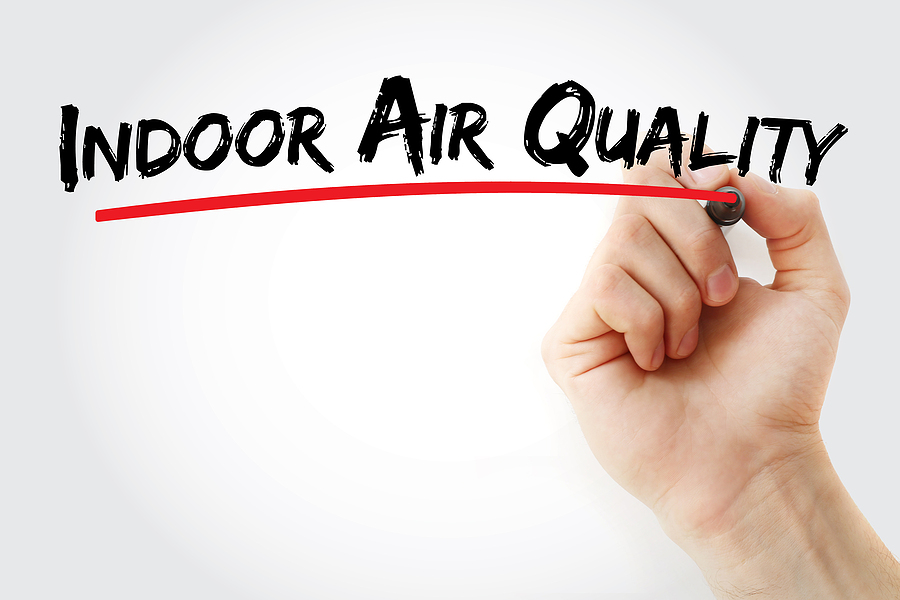Indoor air quality (IAQ) is crucial for homeowners for several reasons:
-
Health Impact: Poor indoor air quality can lead to various health issues such as respiratory problems, allergies, asthma, headaches, and fatigue. Breathing in pollutants like mold spores, dust mites, pet dander, volatile organic compounds (VOCs), and other harmful particles can exacerbate existing conditions or create new ones.
-
Comfort: Good indoor air quality contributes to a comfortable living environment. Clean air promotes better sleep, productivity, and overall well-being.
-
Safety: Certain indoor air pollutants, such as carbon monoxide (CO) and radon, can be deadly. Regular monitoring and maintenance of indoor air quality help ensure that these dangerous substances are kept at safe levels.
-
Property Preservation: Poor indoor air quality can also damage your home and its contents over time. For example, excess moisture can lead to mold growth, which can deteriorate building materials and furnishings.
-
Energy Efficiency: Proper ventilation and filtration systems can improve energy efficiency by ensuring that heating and cooling systems work optimally. This can lead to cost savings on energy bills.
Overall, maintaining good indoor air quality is essential for creating a healthy, comfortable, and safe living environment for homeowners and their families.
There are several ways homeowners can improve indoor air quality:
-
Regular Cleaning: Regularly vacuuming carpets, dusting surfaces, and cleaning bedding can help reduce the accumulation of dust, pet dander, and other allergens.
-
Proper Ventilation: Ensure that your home is well-ventilated by using exhaust fans in kitchens and bathrooms to remove excess moisture and pollutants. Opening windows when weather permits can also help bring in fresh air.
-
Air Purifiers: Consider using portable air purifiers with HEPA filters to remove airborne particles such as dust, pollen, pet dander, and mold spores.
-
Humidity Control: Maintain indoor humidity levels between 30-50% to prevent mold and mildew growth. Use dehumidifiers in damp areas and fix any leaks or moisture problems promptly.
-
Avoid Smoking Indoors: Smoking indoors can significantly degrade indoor air quality. Encourage family members and guests to smoke outside.
-
Regular HVAC Maintenance: Schedule regular maintenance for your heating, ventilation, and air conditioning (HVAC) system to ensure it’s clean and functioning efficiently. Change air filters as recommended by the manufacturer.
-
Reduce VOCs: Volatile organic compounds (VOCs) are emitted by various household products such as paints, cleaning supplies, and air fresheners. Choose low-VOC or VOC-free products whenever possible and ensure adequate ventilation when using these products.
-
Keep Indoor Plants: Certain indoor plants, such as peace lilies, spider plants, and snake plants, can help improve indoor air quality by absorbing pollutants and releasing oxygen.
-
Radon Testing: Test your home for radon, a colorless and odorless gas that can seep into homes from the ground and cause serious health issues. Radon test kits are available for purchase.
-
Address Mold: If you notice mold growth in your home, address it promptly by cleaning affected areas and fixing any underlying moisture issues. Consider hiring professionals for extensive mold remediation if needed.
Let Ryan & Bradshaw help improve your indoor air quality and create a healthier living environment for you and your family.

